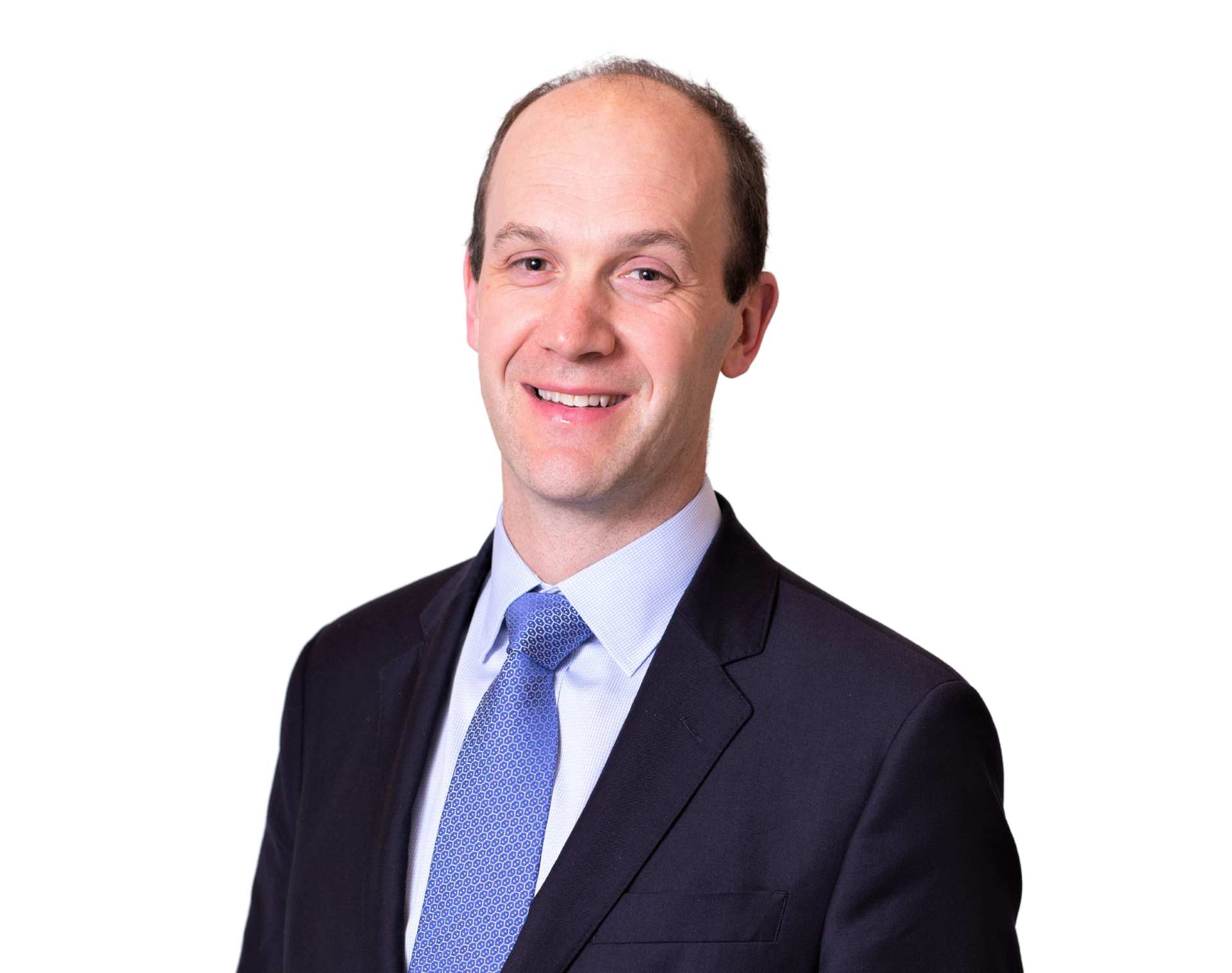
Mr Toby Baring
Specialist expertise: Shoulder and Elbow Surgery, Shoulder, Elbow and Hand Conditions, Trauma, Trauma and Overuse Musculoskeletal Injuries, Orthopaedics, Shoulder & Elbow, Arthritis, Rotator Cuff Surgery, Elbow Surgery, Paediatrics.
Frozen shoulder is as it sounds – stiffening up of the joint. Let’s take a look at what the condition is, why it happens, and what can be done to improve the quality of life for a patient suffering from the condition.

Frozen shoulder occurs due to scarring of the joint capsule. The capsule is the deepest layer of tissue before you get to the bone and cartilage and basically holds the lubrication (synovial) fluid in place. It houses the ligaments and is normally very elastic in nature which allows an excellent range of movement. In frozen shoulder it becomes scarred and stiffened.
Someone doesn’t just wake up one morning and find they have a frozen shoulder.
This is a problem which typically builds up over two to three months. The restriction in movement may go unnoticed until it starts to effect the functional range of movement. Often patients feel like they injured their shoulder during a gym session or while reaching for something but this will be just be the first time they have experienced the restriction in movement. Initially, in the initial stages of the shoulder stiffening up, pain will be limited to end range movement.
Night pain is one of the most disrupting symptoms and the reason why most people seek medical treatment. Most people with this condition, as some point, will experience waking pain on a regular basis.
Most frozen shoulders are described as idiopathic – this means it has occurred for no particular reason. Most likely people have a genetic predisposition to this condition as if you develop a frozen shoulder on one side, you have a high chance you will develop it in the other shoulder at some point in the future. Thankfully it is very rare that both shoulders are affected at the same time.
An injury to the shoulder can cause a frozen shoulder. It does not have to be as nasty as a fracture, but a heavy fall or jarring injury can bring it on. It does not usually occur immediately after the injury but comes on over the following 4 to 8 weeks. Frozen shoulders are often seen after surgery to the shoulder and are recognised as some of the work the physiotherapists have to do as part of the rehabilitation process.
Typically it occurs between the age of 40 to 60. It is slightly more common in women than men. It is associated with diabetes and in these cases the frozen shoulder can be much more difficult to treat especially if once sugar control is not particularly good.
If left untreated frozen shoulder can last up to 2 years. With active intervention (injection and physiotherapy) it can be successfully treated in 2 to 3 months although there is a fair amount of variation between people.
It is divided into 3 time stages:
It is advised that you are assessed by an orthopaedic shoulder specialist consultant to diagnose, investigate and make a treatment plan for your frozen shoulder.
These days most frozen shoulders are successfully treated with a combination of injections and directed physiotherapy. Not many require surgical intervention.
The most successful injection is called hydrodistension or hydrodilatation. This injection is done under ultrasound guidance (probe with gel is placed on the shoulder to guide the needle into the correct position), fluid in the form of water, corticosteroid and local anaesthetic is then injected into the joint under gentle pressure. This has the effect of distending the capsule and breaking down the scar tissue. This procedure is well-tolerated and is done in an outpatient setting without the requirement for an anaesthetic. People can return to normal activities immediately including driving.
The physiotherapist will take the patient through a “capsular stretching program” which essentially help stretch out the tight parts of the capsule to restore movement and function.
The shoulder and elbow team at OneWelbeck can help anyone with a frozen shoulder to provide a dedicated treatment which will expedite the treatment of this painful and debilitating condition.
Here at OneWelbeck, we have a team of orthopaedic specialists, state of the art facilities and diagnostics, and highly competitive financial packages for self-funding patients as well as those with private health care.
Contact UsMr Toby Baring is a Shoulder and Elbow Surgeon at OneWelbeck Orthopaedics. He has a particular interest in shoulder replacements and shoulder instability surgery. He trains surgeons from around the globe in innovative shoulder procedures. He is regularly invited to national and international conferences to speak and perform live surgery.